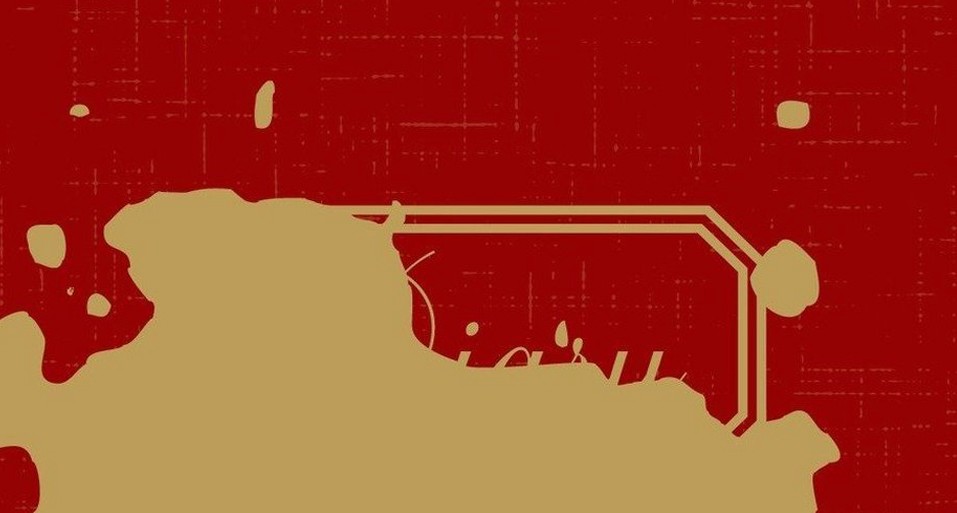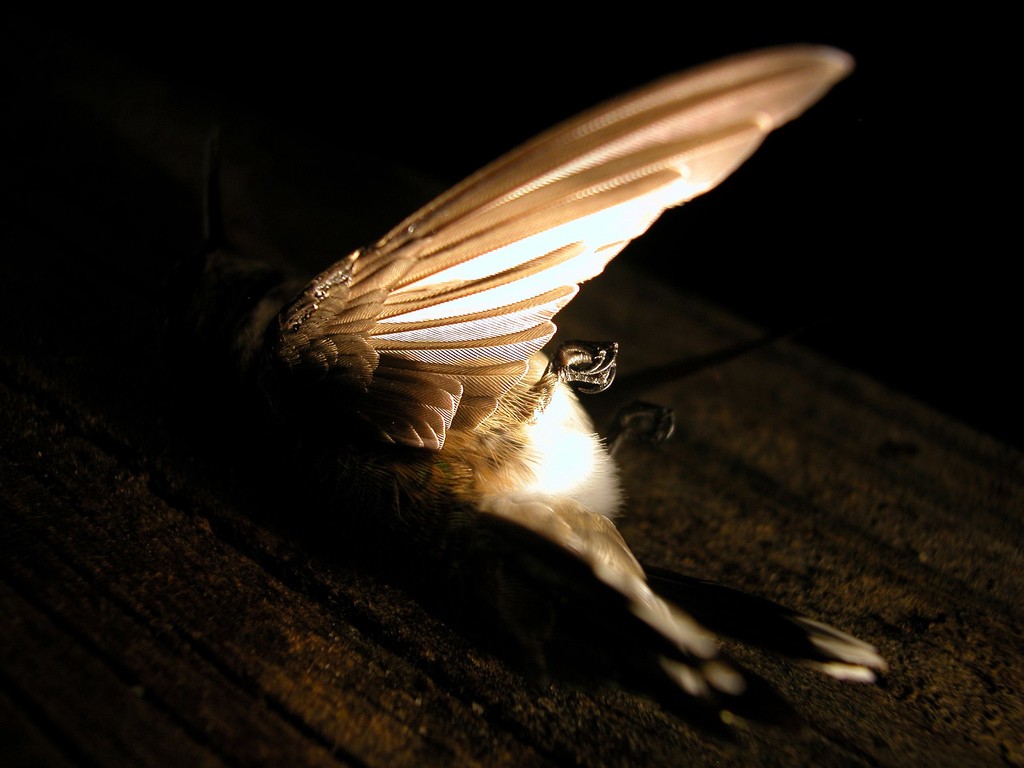essays
Memory, Remembrance, and the Self: Ongoingness: The End of a Diary by Sarah Manguso

Sarah Manguso’s Ongoingness: The End of a Diary is, as its title suggests, a book about another book. “I started keeping a diary twenty-five years ago,” Manguso writes at the beginning. “It’s eight hundred thousand words long.”
Written in short, stanza-like paragraphs, using page breaks and symbols to denote sections, I’m tempted to describe the book as a kind of lyric essay, one a skilled typesetter gently nudged across the hundred-page boundary by way of some recto-verso creativity.
But I’m not really sure any of us know what a lyric essay really “is.” (Or maybe I’m just not sure we could agree on a definition). Regardless, there’s much, much more substance in this slim book than in many much longer tomes.
In truth, the subtitle of the book gives it as good a genre as any.
* * *
“I just wanted to retain the whole memory of my life,” Manguso writes of her diary, “to control the itinerary of my visitations, and to forget what I wanted to forget.”
“Good luck with that, whispered the dead.”
The diary served as a kind of backup to memory, hence its length: “I didn’t want to lose anything,” she writes. “That was my main problem. I couldn’t face the end of a day without a record of everything that had ever happened.”
The dead were silent on that one.
* * *
I need to bare something of myself. Like many, I’m an enormous Sarah Manguso fan. One might say that makes this review completely biased. One might be tempted to stop reading here.
But! Consider the expectations I had going in.
If Ongoingness failed, my disappointment would be uncontainable. This review would be closer to eight hundred thousand words of disappointment than the thousand of delighting, gleeful reflection that it is.
Manguso’s most recent book, 2012’s The Guardians: An Elegy, was my introduction to her work. A little like discovering the Beatles circa The White Album, I had a great back catalog to delve into immediately after the discovery: The Two Kinds of Decay, Hard to Admit and Harder to Escape, Siste Viator… Manguso had already run the gamut from non-fiction to short fiction to poetry before I found her.
In The Guardians, Manguso wrote about the death of a dear friend, and she did it in a way that took death and friendship, not as subjects, but as catalysts for a deeper exploration of feeling. Particularly moving was how her loss didn’t end, how death colored the memory of her lost loved one: “He reflects my grief, and it’s so bright I can’t see much behind it, but behind the brightness is a human shape. I look at him, then look away.”
Grief is bright? I mean, just kill me.
* * *
I used to think it could be some wonderful adherence to Susan Sontag’s definition of a writer — someone “interested in everything” — that might explain how Manguso shifts so well between genres without losing some of her, well, Manguso-ness. But now, I think it must be that the diary, the eight hundred thousand words being written underneath all those other words, served as a kind of consistent foundation. Like different boats on the same sea.
From The Two Kinds of Decay, her 2008 memoir of a prolonged illness: “If you think something’s happened quickly, you’re looking at only a part of it.”
The diary is another part of it.
* * *
Now I’m thinking more about The Two Kinds of Decay. Towards the end Manguso wrote of her mother’s habit of saving desk calendars: “one month per page, one square per day, two inches by two inches. Once in the 1980s I saw her take down a few from the 1970s, from her closet shelf, and look through them.”
Later, she asked her mother if she could see the calendars from the mid-90s, from when the illness she was writing about was at its worst.
Her mother had stopped saving them. “Why should I save them?” she says. “I’m never going to be famous.”
* * *
From Christopher Hitchens: “Everybody does have a book in them, but in most cases that’s where it should stay.”
Daily life is full of conflict, climax, and resolution. Even the most mundane life can make for a wonderful novel — just ask Emma Bovary. It’s the tiny matter of transferring life to the page that separates a potential book from a finished one, the self’s book from the reader’s, memory from art.
Behind every written book are the unwritten memories that led to it, that much longer book no one ever reads. That diary.
* * *
So why is Manguso’s diary ending? Because “the future happens. It keeps happening,” she writes. It was impossible to keep up. To write down everything. And life kept happening. More everything kept happening.
The diary could never be finished; she could be finished with it, though.
“Like different boats on the same sea”? You could say that about any writer.
* * *
Here’s something I believe, something Manguso didn’t say in Ongoingness but something I took from reading it: we only exist because we remember we do. If the self can’t remember itself, then it cannot be. Everything the self is, is memory.
Eventually, though, we recognize we are more than a self.
* * *
Manguso had a baby boy. That’s the life that kept happening.
“I’m watching my little son change,” she writes. “Watching him learn things is like watching a machine become intelligent, or an animal become a different animal. It’s terrifying and beautiful and this has all been said before.”
Becoming a mother allowed Manguso to transcend the self, and with it the diary. “My body, my life, became the landscape of my son’s life. I am no longer merely a thing living in the world; I am a world.”
* * *
Regarding the Hitchens quote from earlier — I don’t remember whether he said those words out loud or not. Perhaps they were transcribed from a speech; perhaps they were written as marginalia into a transcription. Most likely they’re from one of his books and I’m remembering from one of those, I’ve just forgotten which.
I do know that I remember the words. I know I remember because I remember.
The Internet, though, the collective memory-diary for the living, hasn’t helped solve my sourcing problem. That Hitchens said or wrote what I quoted is verifiable in a bunch of places. How it happened, though, is neither there nor here.
I should have kept a diary. But then again, perhaps I did and have just forgotten.
Ongoingness: The End of a Diary

by Sarah Manguso










